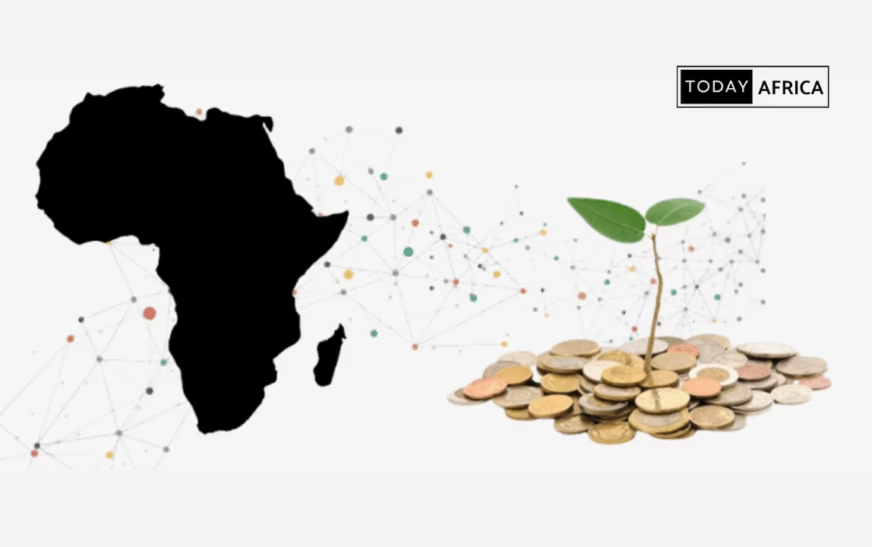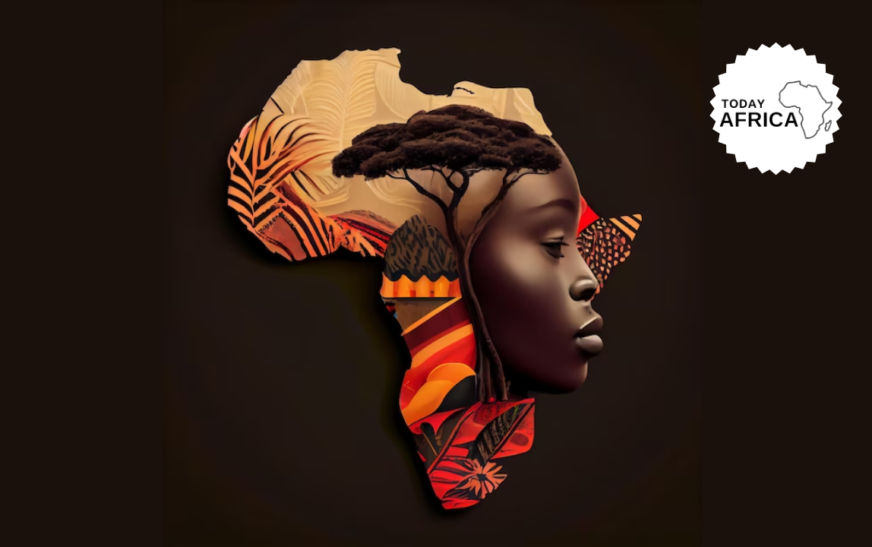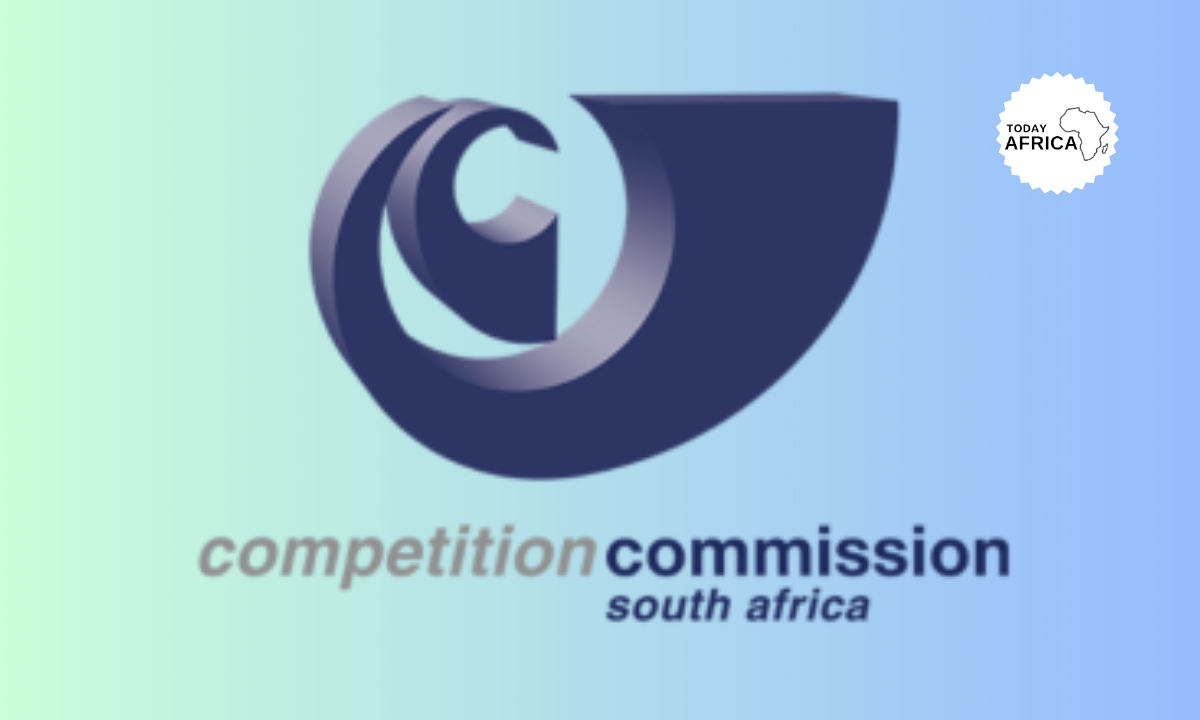African women entrepreneurs are rising as innovators and leaders, launching businesses that address real-world problems while supporting their communities.
Despite their potential, many face major funding challenges due to structural inequalities, limited networks, and cultural barriers.
However, a growing number are now accessing global funding through grants, equity financing, accelerators, fellowships, and competitions.
This article explores how African women entrepreneurs are securing global funding, the platforms backing them, and how others can tap into these opportunities.
What It’s Like for African Women to Fund Their Business
Across Africa, more and more women are starting businesses — from fashion brands to tech startups. They’re not just doing this to make money but to solve real problems in their communities. But one of the biggest challenges they face is getting the money (capital) they need to start or grow their business.
This money can come in different forms — like loans from banks, investments from companies, or grants from global organizations. Understanding where this money comes from and why it’s hard for some people to get it, helps us see the bigger picture.
Reasons it’s hard for African women to get business support
Even though African women work hard and contribute a lot to the economy, they still face unfair systems that make it tough for them to get funding. For example:
- Many women don’t own land or property, which is often required to get a loan.
- Banks and investors are more likely to support male-led businesses.
- Most venture capital firms (companies that invest in startups) are run by men, and they don’t always trust or notice women-led businesses.
- Some women don’t officially register their businesses, which makes it even harder to get loans or government support.
Because of these challenges, only a very small percentage (less than 7%) of all investment money in Africa goes to women. This doesn’t mean women’s businesses are bad — it just means they’re not being given a fair chance.
Recognition of African women entrepreneurs
Here’s the good news: Things are starting to change. International organizations, non-profits, and even banks are beginning to understand how important it is to support women.
When women succeed in business, they often help their families, their communities, and even boost their country’s economy.
One example is AFAWA, a program from the African Development Bank. Its goal is to unlock $5 billion in funding for African women entrepreneurs over five years.
Organizations like the World Bank, Mastercard Foundation, and UN Women have dedicated resources specifically for African women-led enterprises.
They are offering free training, mentorship, grants, and competitions to help women get their businesses off the ground.
Now, more African women are applying for global opportunities and getting support to grow beyond just their towns or countries — they’re going international.
See Also: Grant vs Loan: How to Decide for Your Small Business in Africa
8 Ways African Women Entrepreneurs Fund Their Startups
1. International grants and fellowships
Grants are one of the most accessible funding options for African women entrepreneurs, especially for those in the early stages of business development.
Unlike loans, grants do not need to be repaid, which makes them ideal for startups that are still validating their ideas or seeking to scale without giving up equity.
Many global organizations now offer grants specifically for women-led ventures in Africa. For example:
- The African Women Entrepreneurship Cooperative (AWEC) provides not just funding but also world-class business training, mentorship, and access to a global network of fellow women entrepreneurs.
- The SheTrades Initiative by the International Trade Centre connects women-owned businesses with international markets and investors. It also provides business training and helps entrepreneurs meet global quality standards.
- The Tony Elumelu Foundation provides seed capital of $5,000 to African entrepreneurs every year, many of whom are women building businesses in underserved areas.
2. Non-profit and philanthropic foundations
In addition to development agencies, a number of private foundations are supporting African women through grants:
- The Cartier Women’s Initiative awards up to $100,000 to women impact entrepreneurs globally. African entrepreneurs have consistently been among the finalists and winners.
- The Global Fund for Women supports grassroots, women-led initiatives that address gender justice, economic empowerment, and social equity.
- Google for Startups Black Founders Fund has committed millions of dollars in equity-free funding to Black-led startups in Africa, with a significant portion going to women entrepreneurs in fintech, health, and logistics.
These grant opportunities are leveling the playing field for women who traditionally lacked access to institutional support and capital.
3. Female-focused VC firms and angel networks
Venture capital (VC) funding is essential for startups that aim to scale rapidly. However, traditional VC firms have historically invested in male-led businesses. This is slowly changing as more investors recognize the returns and impact potential of women-led ventures.
Several VC firms and angel networks now focus specifically on women:
- Alitheia IDF is a pan-African investment fund that exclusively supports businesses led by or benefiting women. Backed by the AfDB and European Investment Bank, it focuses on high-growth sectors like healthcare, retail, and agriculture.
- Rising Tide Africa is part of a global network of women angel investors providing not only capital but also mentorship and board-level support.
- Dazzle Angels in South Africa invests exclusively in female tech founders, aiming to close the gender gap in tech entrepreneurship.
These firms understand the unique challenges and opportunities facing African women and offer patient capital, gender-intentional mentorship, and founder-friendly terms.
4. Global startup accelerators and pitch competitions
Participating in global accelerators and pitch events is another way African women entrepreneurs can access funding. These programs not only provide capital but also global exposure, training, and access to investor networks.
- Y Combinator and 500 Global have accepted and funded African startups, several of which were led by women. Being part of these accelerators brings global credibility and connections.
- She Leads Africa Accelerator is a dedicated African initiative that supports early-stage women-led startups with access to mentors, marketing training, and investors.
- Competitions like the MIT Solve Global Challenge, Anzisha Prize, and Women in Africa Initiative also offer visibility and non-dilutive funding to African women with scalable business ideas.
Many women have used these platforms to catapult their ventures from local to international markets.
Read Also: Top 21 Startup Accelerators in Africa
5. Online platforms democratizing funding access
Crowdfunding allows entrepreneurs to raise small amounts of money from many people—ideal for launching products or services with mass appeal.
- Thundafund, South Africa’s leading crowdfunding platform, helps African entrepreneurs validate their ideas and raise capital directly from their community.
- Kiva.org offers interest-free microloans with a high success rate of repayment. Thousands of African women have used it to fund small-scale agriculture, retail, and services.
- Global platforms like Kickstarter and Indiegogo are being used by African creatives and product developers, especially in beauty, fashion, and artisanal crafts.
The beauty of crowdfunding is that it allows entrepreneurs to raise funds while building a customer base, testing their market, and refining their messaging.
Read Also: 16 Crowdfunding Platforms Africans Can Use For Business, Education, & Emergencies
6. Social media and personal networks
In the age of digital communication, many African women are leveraging social media to share their stories and attract funding organically.
LinkedIn is used to pitch ideas, build credibility, and connect with international investors. Instagram is popular among women in creative industries like fashion, art, and design.
Twitter (X) has seen viral funding campaigns where women entrepreneurs raise capital simply by posting their business needs and sharing their journeys.
WhatsApp groups and Facebook communities have also become tools for peer-to-peer funding, mentorship, and resource sharing.
7. Collaborations that bridge the gap
Many international NGOs and development agencies are now prioritizing partnerships with African women-led businesses as part of their inclusive development goals.
- USAID’s WomenConnect Challenge has funded tech startups that empower African women through digital inclusion.
- The Mastercard Foundation’s Young Africa Works program aims to provide employment opportunities for 30 million young Africans, with women as a key focus.
- The African Development Bank’s AFAWA works with local financial institutions to de-risk lending to women and provide them with business training, market access, and funding guarantees.
8. Corporate-backed programs and social enterprises
Multinational corporations are also launching gender-inclusive business development programs:
- Coca-Cola’s 5by20 Program empowered over 6 million women entrepreneurs globally, with a strong presence in African markets.
- Microsoft’s Women Innovators Incubator in Africa supports early-stage women tech founders with financial support, Azure credits, and go-to-market mentorship.
These partnerships often come with not just funding, but also training, access to customers, and global exposure.
Strategies for African Women Entrepreneurs to Attract Funding
1. Build investment-ready businesses
To attract serious global funding, businesses must be well-structured, financially organized, and scalable. This means formal registration, clear revenue models, professional branding, and a data-driven business plan. Investors want to see that your business can generate returns and that you, as the founder, understand your market deeply.
2. Leverage networks and mentorship
Joining entrepreneurship networks gives access to funding opportunities, learning resources, and collaboration. Organizations like Lionesses of Africa, AWEC, and She Leads Africa offer training, exposure, and fundraising tips tailored for African women.
3. Tell your story powerfully
Whether pitching to investors, applying for grants, or crowdfunding, your personal story and impact journey matter. Why did you start the business? Who are you helping? What’s the bigger vision? Authentic, emotionally engaging storytelling builds trust and inspires investment.
Conclusion
More than ever before, the world is waking up to the potential of African women entrepreneurs. From health to agriculture, fashion to fintech, women are driving innovation and reshaping economies.
With the right funding, they can go further, creating not only jobs and wealth, but lasting social change.
But funding doesn’t just come to you—you must go out and get it. Build your skills, formalize your business, tell your story, and plug into the networks and programs that are ready to support you.
FAQs
What is the biggest challenge African women face in getting global funding?
The key challenges include lack of access to formal financial systems, limited collateral for bank loans, gender bias among investors, and lack of visibility in global networks. However, new platforms are addressing these barriers by offering training, mentorship, and alternative funding models.
Are there grants specifically for African women entrepreneurs?
Yes. Several programs are designed specifically for African women, such as AWEC, the Cartier Women’s Initiative, UN Women Funds, and She Leads Africa’s grant programs. These initiatives aim to empower women through non-repayable funding and support services.
How can I make my business more attractive to global investors?
You can start by formalizing your business, creating a strong online presence, preparing a professional pitch deck, showcasing social impact, and joining incubators or accelerators that connect you to investors.
Do I need to be in tech to access global funding?
Not at all. While tech is a popular sector, global funding is available for businesses in agriculture, retail, manufacturing, education, healthcare, and the creative industries—especially if they demonstrate scalability and impact.
Where can I find global opportunities?
Websites like VC4A, Opportunity Desk, SheTrades, and Lionesses of Africa regularly post grant calls, training programs, and investment opportunities for African entrepreneurs. Joining LinkedIn groups and following organizations on social media also helps.
Leave a comment and follow us on social media for more tips:
- Facebook: Today Africa
- Instagram: Today Africa
- Twitter: Today Africa
- LinkedIn: Today Africa
- YouTube: Today Africa Studio
















